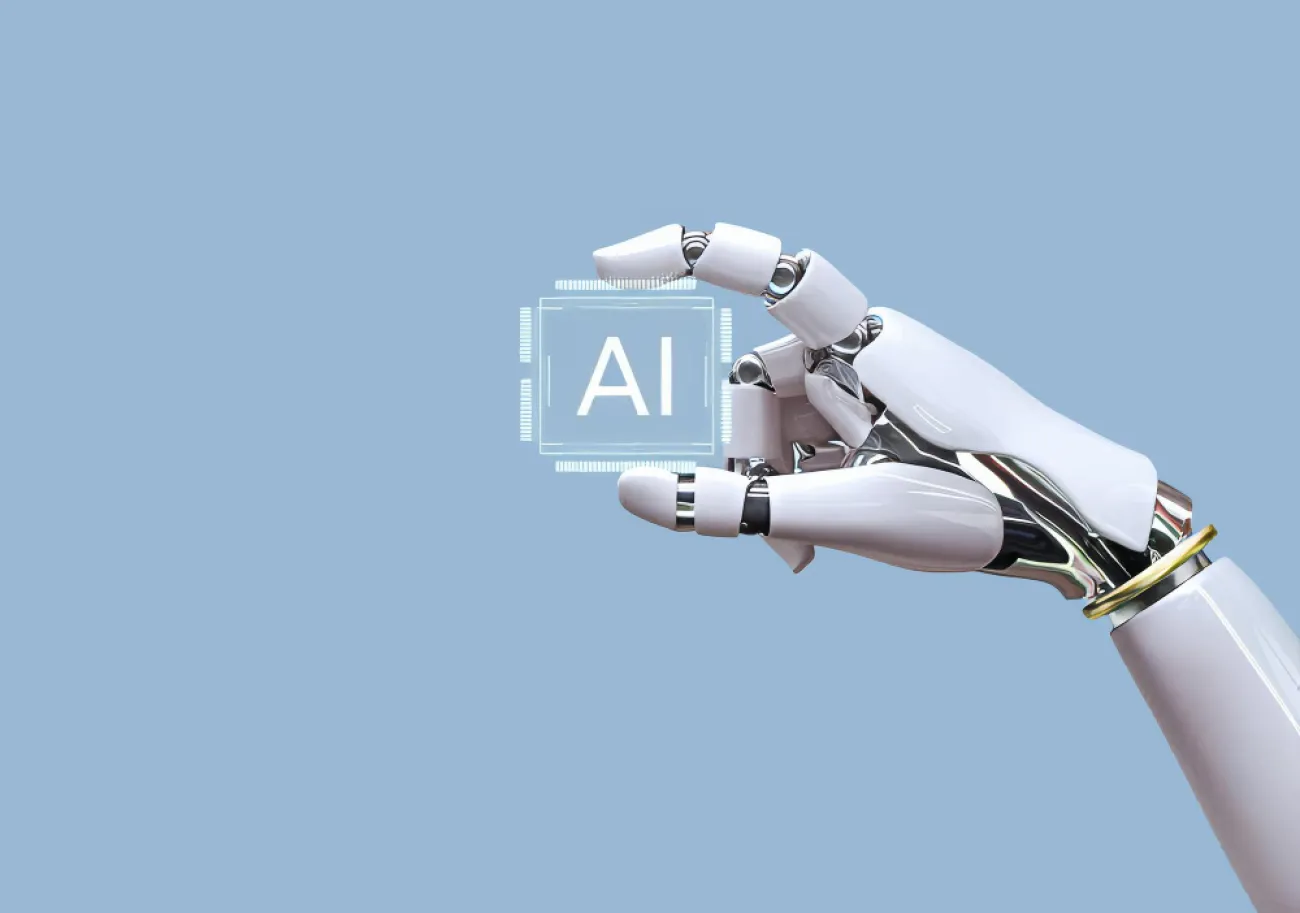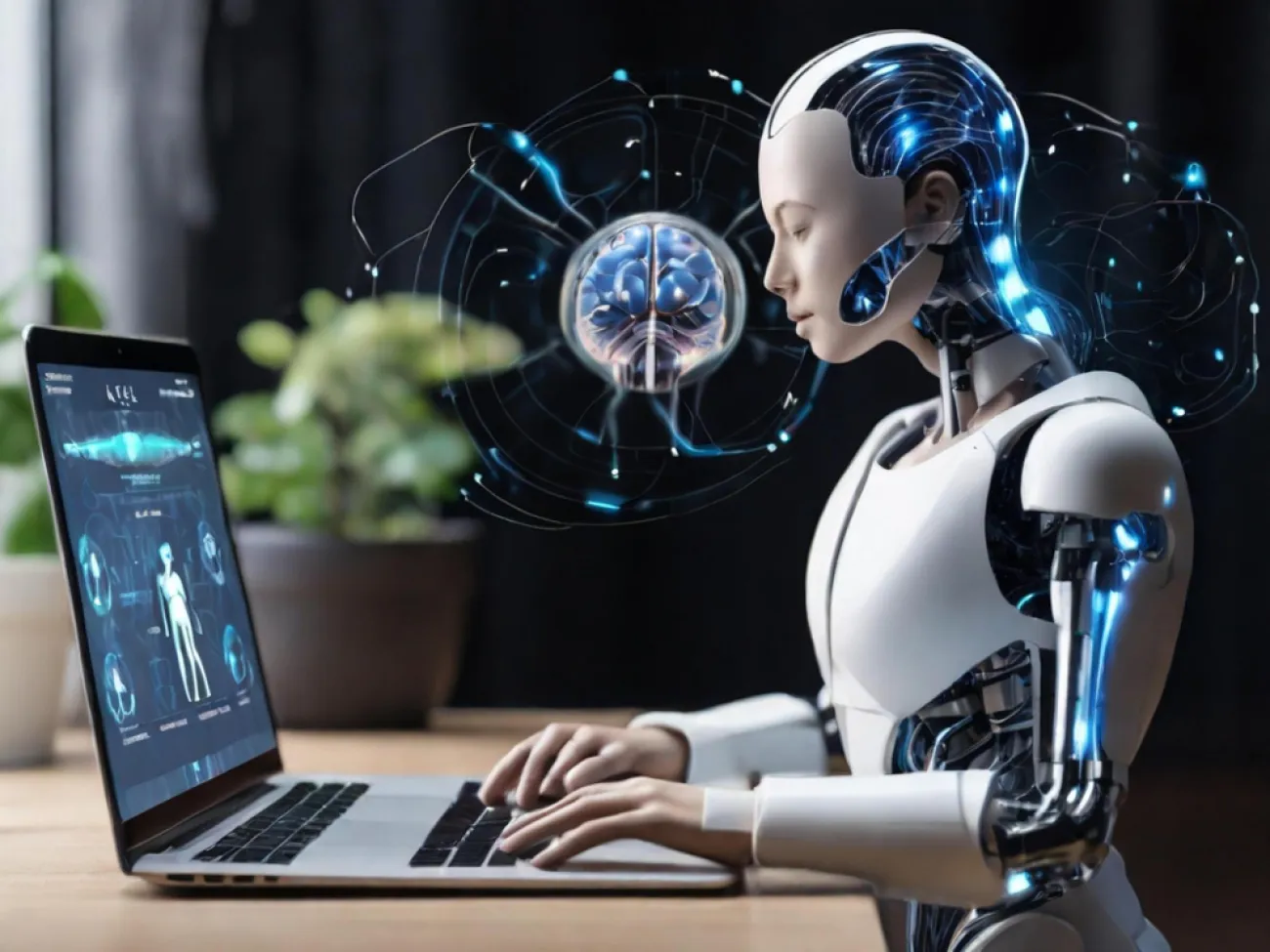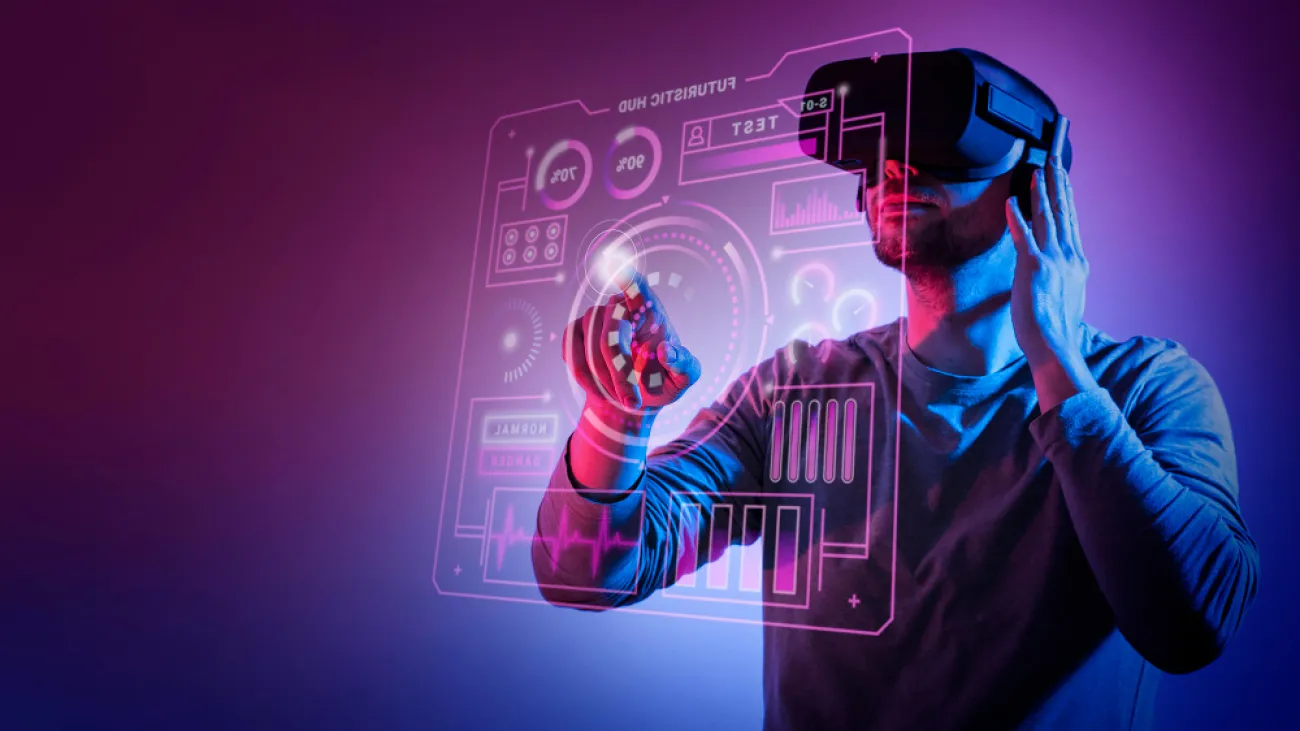The Future of AI: How Artificial Intelligence Will Change the World

Of the 21st century’s many radical technologies, artificial intelligence (AI) has been perhaps the most influential. Pervasive in almost all industries and sectors today, it is an incredibly complex system that has evolved significantly since its early days as a simple concept in the mid-1900s. A mere understanding of what is AI technology is not enough. You should also know about its future applications.
This article aims to discuss the global impact of AI by looking at its effect on various industries, ethical considerations surrounding this technology as well as any possible challenges or prospects which may arise. Here we will discuss the future of AI. From website development to advanced LLMs, AI is taking over the world.
The Evolution of AI
AI has definitely come a long way from when it was created. AI’s beginnings can be traced back to the 1950s when it was in its infancy. In its early stages, AI systems were rule-based and primarily used for mathematical problem-solving.
A few key milestones include the development of the first AI program and the introduction of expert systems and neural networks.
However, everything changed with machine learning, specifically deep learning, which allowed AI systems to process enormous amounts of data with unprecedented accuracy.
Current Applications of AI

Healthcare
AI is currently changing the relationship between people and their healthcare providers; it does this by improving monitoring and diagnostic capabilities. So, what is AI technology in healthcare?
The specialists use AI-driven technology to diagnose patients, treat them, help old people live a better life, and support personalized treatment plans for drug discovery, among others. Also, there may be some expectations about what could happen if we were to give AI access to all our public health programs, which are built upon large amounts of data.
Finance
There are many applications for artificial intelligence in banks, insurers, and other financial institutions. Deep learning models have partly automated lending decisions at some lenders already; payments have been transformed, with credit scoring being one of its methods. The future of AI in the finance and banking sector is obvious.
Business bank account details, taxes, and online bookkeeping records can be taken by AI-powered software, which then compares this information within minutes to thousands of similar companies’ data so that sound judgment can be made even by small community banks.
Education
The integration of AI in education will change how people learn at all stages. Language barriers will be broken within schools through this technology, thus fostering inclusivity and accessibility while enabling personalized learning experiences for different age groups.
What is expected, therefore, is that artificial intelligence will free up more time by doing away with tedious tasks, thereby allowing human beings to be more creative.
Transportation
There is no doubt that transportation is one of the areas that would experience great transformations as a result of artificial intelligence.
Autonomous vehicles or self-driving cars, which are among the most adopted robots in use today, have completely revolutionized city planning and the entire auto industry. Work done by humans can be augmented; hence, traffic congestion caused by AI would greatly improve efficiencies at our workplaces.
Customer Service
There is a need to employ AI in the customer service sector, which could be data-driven. For example, a general description may have such characteristics as examining consumer contacts, conducting predictive requirement evaluation, directing clients, and giving recommendation details that suit individual needs.
Journalism
The future of AI in journalism has already started, and it will continue to do so at an increasing rate.
There is potential for journalists to automate data collection and analysis using AI, thus freeing up time for the same reporters who may be engaged in investigative or narrative work with more complex stories.
How Will AI Change the World - The Future of AI

Generative AI
Generative AI represents the most recent phase of development for Artificial Intelligence (AI). This new technology is capable of producing content such as text, images, and videos upon request by humans.
Generative adversarial networks or GANs are important because they enable deep networks to actually generate fake real things. It is the reason why people question can AI take over the world? For now, AI will be limited to help us in our daily tasks.
AI in Sustainability and Climate Change
There are many ways in which AI can contribute towards sustainability, climate change and environmental concerns. Data analysis performed by artificial intelligence has made it possible to create visualizations like these — which mean we can now make faster decisions based on its findings or suggestions that can be implemented within organizations themselves.
AI in Legal and Ethical Considerations
Artificial intelligence systems may provide fresh perspectives on some legal questions. The use of automated weapons with AI puts nations at risk, as well as ordinary people too.
These dystopian futures describe a possible scenario known as the technological singularity, where super-intelligent machines would take over humanity either through enslavement or extermination.
AI in Workforce and Employment
Certainly, artificial intelligence will cause changes in the workforce. Many people do not realize that while AI may take away some jobs, it will also create new ones that are beyond our imagination.
For instance, professions such as research, data science, machine learning engineering, custom software development, and UX design will grow in demand. With automation brought about by artificial intelligence, the labor market needs to be prepared for new skills as well as occupations.
AI in National Defense
The country’s defense system heavily relies on AI systems. This has led military technology into coming up with autonomous weapons that do not need human intervention thus being the most secure way of enhancing national security. National defense systems tell us how long has AI been around, because AI is mostly use in this sector since it inception in 1950s.
AI in Smart Cities
City authorities employ Al-based solutions for better urban service delivery. What this means is having communities which have smart systems for cities; cars being smart too; buildings with smart features; utilities working smartly; farms practicing smart agriculture among other business processes used.These practices save not only money but also time and lives.
Ethical and Privacy Concerns
AI raises numerous ethical and privacy concerns. As more knowledge about what happens every minute of an individual’s day is gathered, we can only expect our privacy to be violated further.
AI systems may learn from their decisions and change them, but there are worries about bias and discrimination too. However, it must be ensured that artificial intelligence does not become so good at its job as to begin crossing ethical or legal boundaries.
Regulation and Governance
There is little consensus on how best to govern AI or who should establish its rules. Developers or users of AI systems usually regulate themselves with reference to existing laws and the forces of the market which act upon them for regulation.
American authorities have frequently lagged behind other nations in regulating technology. Corporate chiefs cannot simultaneously shun government oversight while denying responsibility for harmful effects caused by artificial intelligence.
Conclusion
AI is transforming all spheres of human life and not just some futuristic dream that is only waiting to come true but a reality which is being implemented and integrated in many fields. To get the best out of AI, we need a “data-friendly ecosystem with unified standards and cross-platform sharing”.
As AI progresses, it will be critical to consider ethical implications, align with societal values, and emphasize the welfare of people. Business and personal lives are going to change dramatically as AI develops over the next decades, with both challenges and opportunities that we have to mindfully navigate.